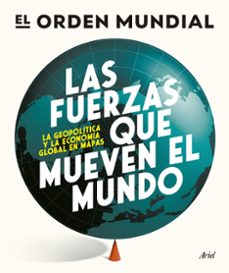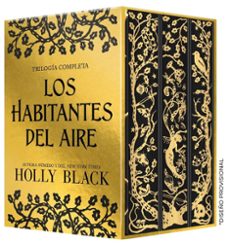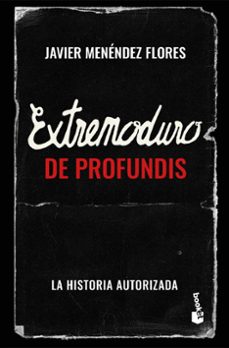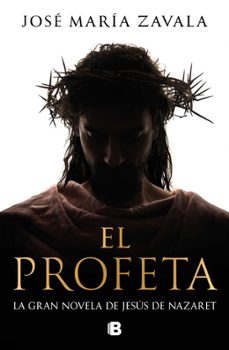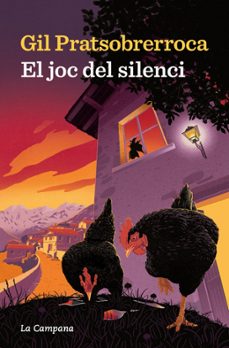📗 Libro en inglés ROGUES: TWO ESSAYS ON REASON
STANFORD UNIVERSITY PRESS- 9780804749510
Sinopsis de ROGUES: TWO ESSAYS ON REASON
"Rogues" is Derrida''s most sustained reflection on deconstruction''s relation to political theory in general and to the idea of democracy in particular. . . . Highly recommended."--CHOICE "It is clear that Derrida was keen that the idea of ''democracy to come'' would be central to the legacy of his thought, and for those who choose to take up that burden, Rogues" will prove essential."--Times Literary Supplement" "Rogues," published in France under the title "Voyous," comprises two major lectures that Derrida delivered in 2002 investigating the foundations of the sovereignty of the nation-state. The term ""Etat voyou"" is the French equivalent of "rogue state," and it is this outlaw designation of certain countries by the leading global powers that Derrida rigorously and exhaustively examines. Derrida examines the history of the concept of sovereignty, engaging with the work of Bodin, Hobbes, Rousseau, Schmitt, and others. Against this background, he delineates his understanding of "democracy to come," which he distinguishes clearly from any kind of regulating ideal or teleological horizon. The idea that democracy will always remain in the future is not a temporal notion. Rather, the phrase would name the coming of the unforeseeable other, the structure of an event beyond calculation and program. Derrida thus aligns this understanding of democracy with the logic he has worked out elsewhere. But it is not just political philosophy that is brought under deconstructive scrutiny here: Derrida provides unflinching and hard-hitting assessments of current political realities, and these essays are highly engaged with events of the post-9/11 world.
Ficha técnica
Traductor: Pascale-anne Brault
Prologuista: Michael Naas
Editorial: Stanford University Press
ISBN: 9780804749510
Idioma: Inglés
Número de páginas: 175
Tiempo de lectura:
3h 33m
Encuadernación: Tapa blanda
Fecha de lanzamiento: 25/05/2005
Año de edición: 2005
Plaza de edición: Stanford (Ca)
Especificaciones del producto
Escrito por Jacques Derrida
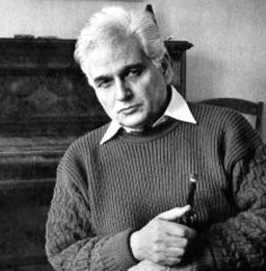
Filósofo judío francés cuya obra dio lugar a la escuela de la deconstrucción, una metodología analítica que ha sido aplicada a la literatura, la lingüística, la filosofía, el Derecho y la arquitectura. Derrida nació en 1930 en El-Biar, Argelia. En 1952 empezó a estudiar filosofía en la École Normale Supérieure en París, donde más tarde impartió clases desde 1965 a 1984. Entre 1960 y 1964, enseñó en la Sorbona de París. Desde principios de la década de 1970, Derrida ha dividido su tiempo entre París y los Estados Unidos, donde ha impartido clases en universidades como la John Hopkins, Yale y la Universidad de California en Irvine. Jacques Derrida murió el 9 de octubre del 2004, debido a un cáncer de páncreas.
Descubre más sobre Jacques Derrida Recibe novedades de Jacques Derrida directamente en tu email
Opiniones sobre ROGUES: TWO ESSAYS ON REASON
¡Sólo por opinar entras en el sorteo mensual de tres tarjetas regalo valoradas en 20€*!





